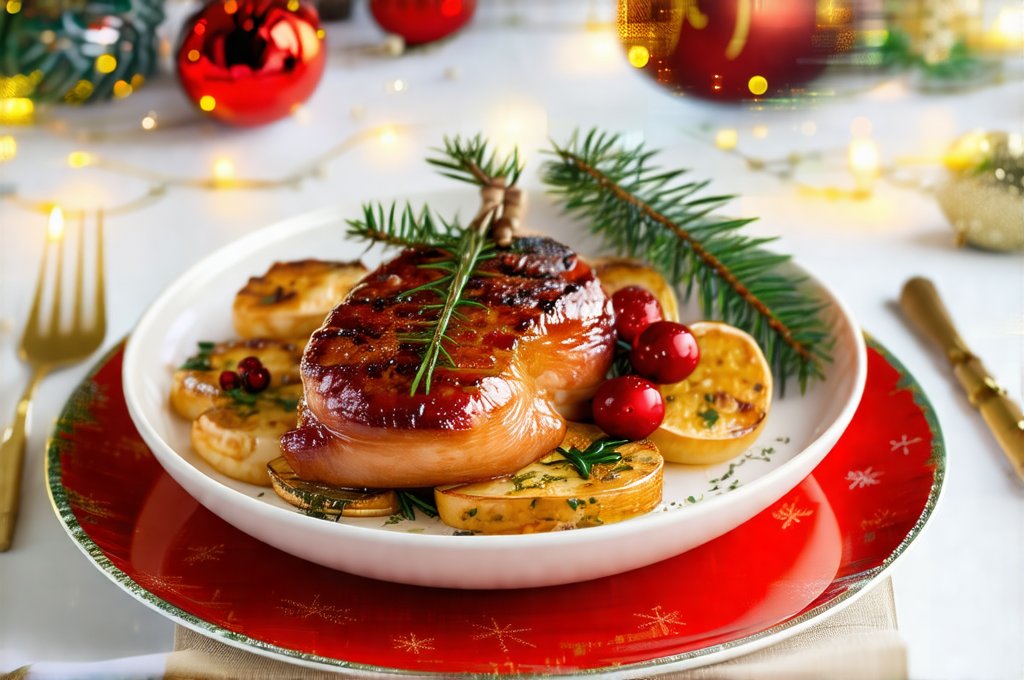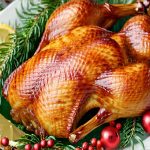The holiday season, while joyful, often comes with an unwelcome guest: gas. From rich foods and larger portions to travel disruptions and stress, many factors conspire to increase bloating and discomfort during this time. It’s a common experience – feeling uncomfortable after a festive meal or enduring hours of travel with digestive unease. But it doesn’t have to be inevitable. Understanding the why behind holiday gas is the first step towards managing it, allowing you to enjoy celebrations without suffering in silence. This isn’t about deprivation; it’s about making mindful choices and adopting smart eating habits that support your digestion.
Many people associate digestive issues solely with specific foods, but the reality is far more complex. Factors like eating speed, hydration levels, stress, and even posture play significant roles. Holiday schedules often disrupt our regular routines – we might skip exercise, sleep less, or consume alcohol in greater quantities – all of which can impact gut health and contribute to increased gas production. The goal isn’t to eliminate holiday treats entirely but rather to balance indulgence with strategies that minimize digestive distress. This article will explore practical eating habits you can incorporate during the holidays to ease gas and enjoy a more comfortable, celebratory season. You might find helpful insights into eating habits related to this topic.
Navigating Holiday Food Choices
The sheer variety of food available during the holidays is part of the fun, but it also presents challenges for sensitive digestive systems. Rich, fatty foods are often at the center of holiday feasts, and these can slow down digestion, leading to bloating and gas. Similarly, sugary treats – cookies, pies, candies – can feed bacteria in the gut, producing excess gas as a byproduct. It’s important to remember that everyone reacts differently to food; what bothers one person might not affect another. However, there are some general principles you can follow to minimize discomfort. If you struggle with indigestion during these times, exploring eating habits may provide solutions.
One effective strategy is mindful portion control. Instead of piling your plate high with everything in sight, focus on smaller servings and savor each bite. This allows your body time to digest the food properly and reduces the overall burden on your digestive system. Consider prioritizing lean proteins, vegetables, and whole grains over highly processed or fried foods. Don’t arrive at a party starving – having a small, healthy snack beforehand can prevent you from overeating when faced with tempting treats.
Another helpful approach is to identify your trigger foods. Keep a food diary for a few weeks leading up to the holidays to track what you eat and how it affects your digestion. This will help you pinpoint specific foods that consistently cause gas or bloating, allowing you to modify your choices accordingly. It’s also worth considering alternatives – for example, swapping sugary drinks for water or herbal tea, or choosing baked sweet potato fries instead of deep-fried French fries. Don’t feel guilty about declining certain dishes; politely explaining that you’re watching what you eat is perfectly acceptable. For those who find their digestion impacted while traveling, adjusting your diet can be a game changer.
The Art of Slow Eating
We often rush through meals during the holidays, caught up in conversation and festivities. However, eating too quickly can overwhelm your digestive system, leading to gas and bloating. When you eat rapidly, you tend to swallow more air, which contributes to gas production. You also don’t give your body enough time to register fullness, increasing the likelihood of overeating. Slow eating isn’t about taking forever; it’s about being present and mindful during mealtimes.
Here are a few techniques to help you slow down:
1. Put your fork down between bites.
2. Chew your food thoroughly – aim for 20-30 chews per bite. This breaks down the food, making it easier to digest.
3. Focus on savoring each bite and appreciating the flavors.
4. Engage in conversation between bites, rather than talking with a mouthful of food.
Practicing slow eating not only improves digestion but also enhances your enjoyment of the meal. It allows you to truly appreciate the food and connect with those around you. It’s a simple change that can make a big difference. Understanding fast eating habits is also key to improving digestion.
Hydration is Key
Staying adequately hydrated is crucial for healthy digestion, yet it’s often overlooked during busy holiday schedules. Water helps move food through your digestive system, preventing constipation and reducing bloating. Dehydration, on the other hand, can slow down digestion and exacerbate gas production. Many beverages consumed during the holidays – alcohol, caffeinated drinks, sugary sodas – can actually contribute to dehydration.
Aim to drink at least eight glasses of water per day, even more if you’re traveling or engaging in physical activity. Carry a reusable water bottle with you as a reminder to stay hydrated throughout the day. You can also incorporate hydrating foods into your diet, such as cucumbers, watermelon, and celery. Be mindful that some fruits and vegetables (like broccoli and Brussels sprouts) are known gas producers for certain individuals, so balance hydration with awareness of your personal sensitivities.
Managing Stress & Digestive Health
The holidays, while joyful, can be incredibly stressful. From travel hassles to family dynamics and financial pressures, stress is a common companion during this time. Stress has a direct impact on digestive health. When you’re stressed, your body releases cortisol, which can disrupt gut motility – the movement of food through your digestive system. This can lead to constipation, bloating, and increased gas production.
Finding ways to manage stress is therefore essential for maintaining digestive comfort during the holidays. Incorporate relaxation techniques into your daily routine, such as deep breathing exercises, meditation, or yoga. Prioritize sleep – aim for 7-8 hours of quality sleep per night. Take breaks from holiday preparations and spend time doing things you enjoy. Don’t be afraid to ask for help if you’re feeling overwhelmed. Remember that taking care of your mental well-being is just as important as taking care of your physical health. Simple practices like a short walk outdoors or listening to calming music can significantly reduce stress levels and improve digestion. If reflux flares up during stressful times, learning how to keep reflux in check is a worthwhile endeavor. And if you have infants experiencing digestive issues, remember there are gentle ways to help them too! Finally, consider the best time for a post-meal walk to aid digestion.


















